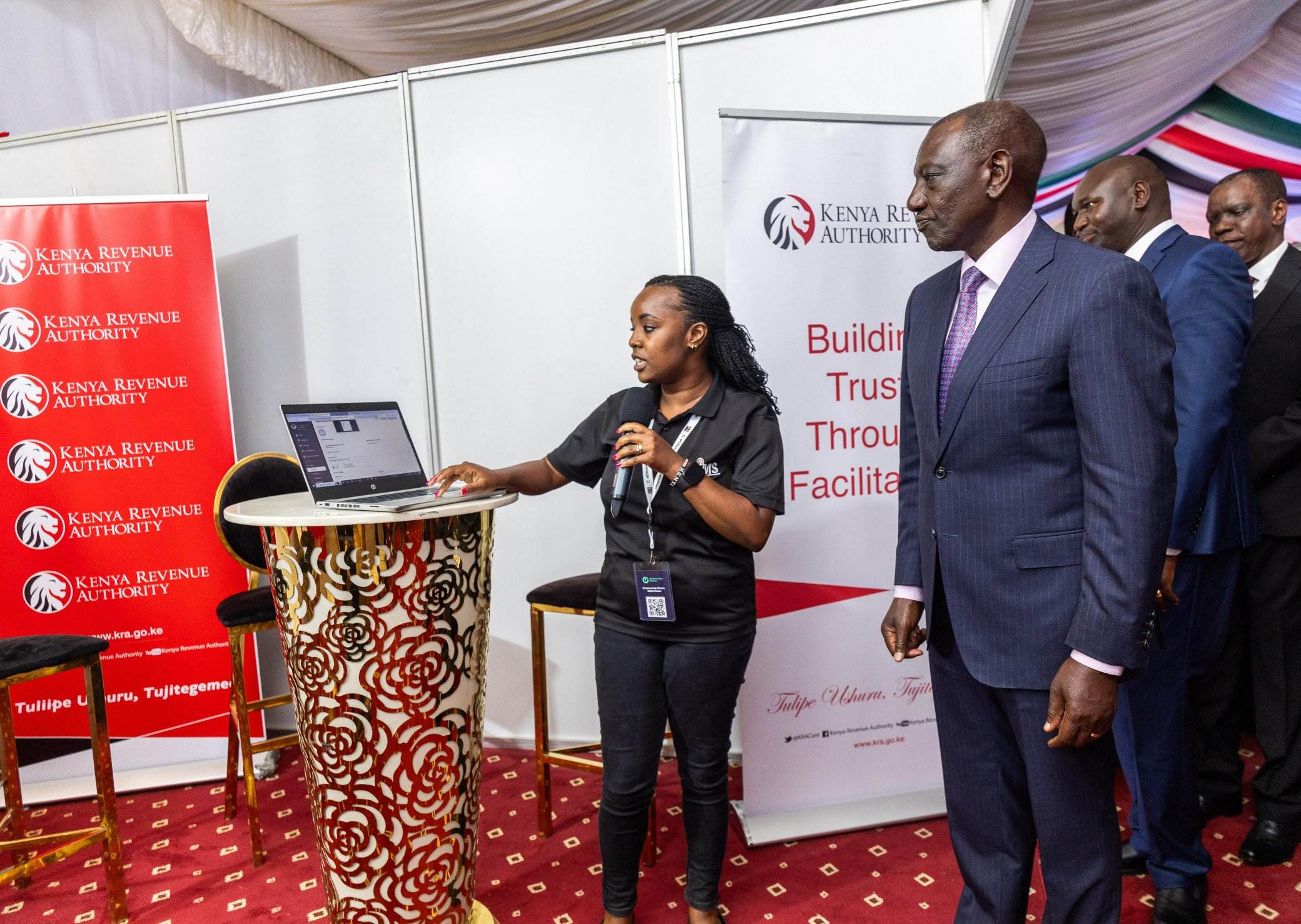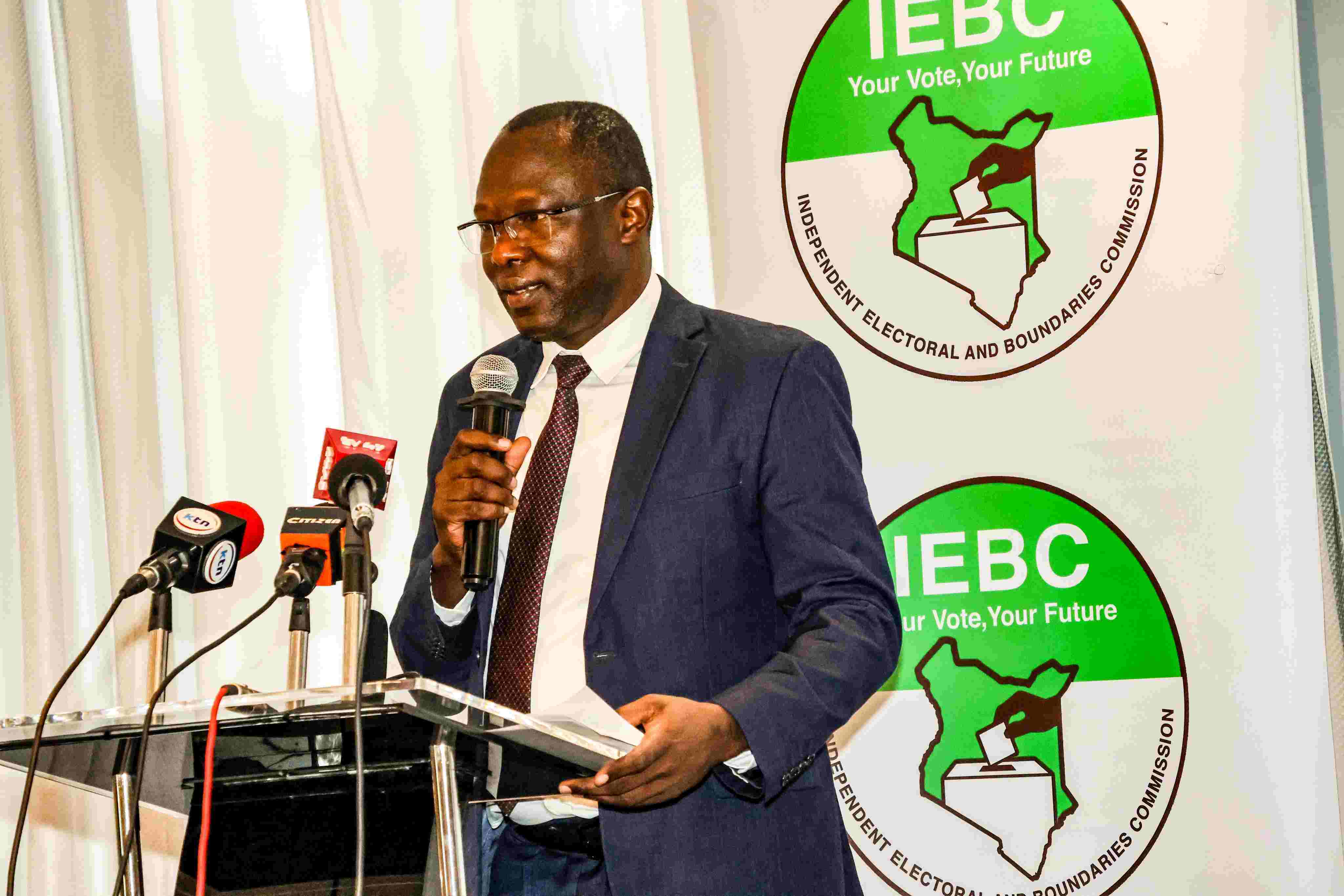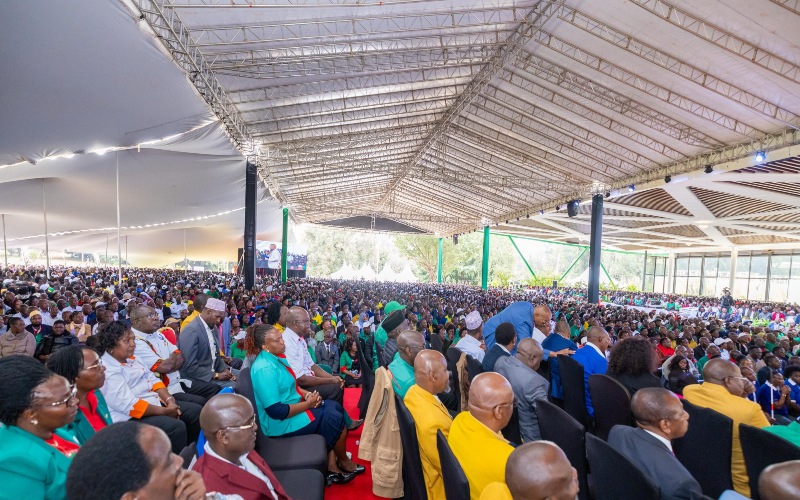'Brave move': Ruto praises Zimbabwe’s latest shot at stable currency
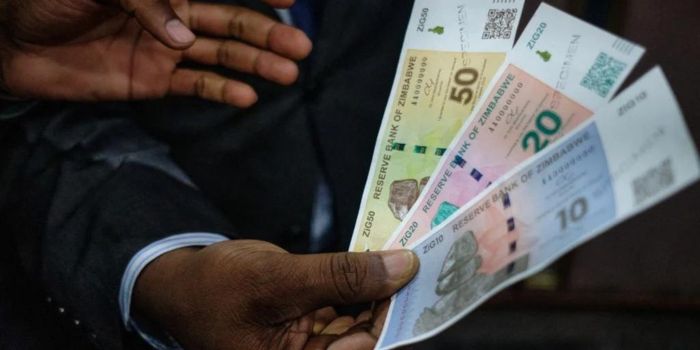
Zimbabwe has introduced the ZiG, replacing the Zimbabwe Dollar (ZWL), which had undergone frequent and rapid depreciation.
President William Ruto has commended Zimbabwe for its bold and well-intentioned economic decision to introduce the gold-backed currency, the ZiG, to turn around its economy.
Speaking at the 64th edition of the Zimbabwe International Trade Fair (ZITF) in Bulawayo, President Ruto commended the Zimbabwean government, led by President Emmerson Mnangagwa, for its commitment to economic recovery and transformation.
"The introduction of the ZiG currency, backed by gold and other assets, is a radical revitalisation of Zimbabwe's monetary policy that will greatly contribute to the country's economic resurgence," he said on Saturday.
He added that this bold decision demonstrates Zimbabwe's commitment to transforming its immense potential into sustainable abundance.
Ruto emphasised the importance of innovation in driving economic growth, stating that economies that capitalise on technology reap more benefits from their resources than those that do not.
He encouraged Zimbabwe to leverage its diverse natural resources, including renewable energy potential, arable land, and mineral reserves, to back the national currency and drive economic growth.
“Innovation produces new inventions, transforms existing technologies, and enables every sector to produce more, faster, better, and surer out of every input and every unit of input," the Kenyan leader said.
"Innovation empowers technologies and processes to achieve more in terms of volume and variety, making it easier to satisfy demand and offer different choices. It reduces waiting times, leading to higher levels of satisfaction and enabling producers to attain and maintain higher standards."
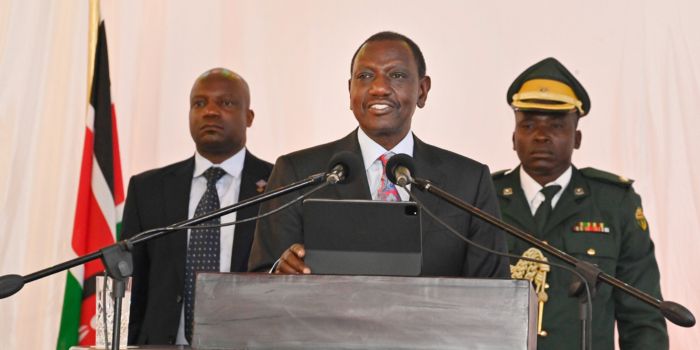 President William Ruto speaks at the Bulawayo State House in Zimbabwe on April 27, 2024, during bilateral talks with his counterpart Emmerson Mnangagwa. (Photo: PSC)
President William Ruto speaks at the Bulawayo State House in Zimbabwe on April 27, 2024, during bilateral talks with his counterpart Emmerson Mnangagwa. (Photo: PSC)
Sixth attempt
Zimbabwe introduced the ZiG as its new currency on April 5, 2024, replacing the Zimbabwe Dollar (ZWL), which had undergone frequent and rapid depreciation. The move by the Reserve Bank of Zimbabwe marked a significant shift in the country's monetary policy.
Digital platforms immediately implemented the change, and local banks converted Zimbabwean dollars (ZWL) to ZiG amounts on their systems, but the new banknotes will only become available at the end of the month.
The ZiG is to replace both the existing ZWL bond notes and the Zimbabwean dollar, launched in 2016 and 2019, respectively.
This was Zimbabwe's sixth attempt to introduce a new currency since 2008, when the country faced a severe economic crisis, with inflation reaching an unprecedented 89.7 zillion per cent by November of that year, according to the International Monetary Fund (IMF).
The ZiG's introduction aims to address the country's long-standing currency struggles, tackle inflation, and bring "simplicity, certainty, and predictability" to Zimbabwe's financial affairs, as central bank governor John Mushayavanhu stated during the launch.
Mushayavanhu gave the one-month grace period to ensure a smooth transition and assured the public that bond notes would remain in use during the transition.
VIDEO: Zimbabwe's central bank has launched the ZiG, a new currency backed by gold, as it seeks to tackle sky-high inflation and stabilise the country's long-floundering economy. pic.twitter.com/sHvxe20GsE
— AFP News Agency (@AFP) April 7, 2024
Investors welcome
Over 80 per cent of transactions in Zimbabwe last year reportedly used the US dollar but the government aims to eventually abandon its use with the introduction of the ZiG.
In his keynote address at the ZITF, President Ruto encouraged potential investors to take note of Zimbabwe's reforms and incentives, lest they miss out on beneficial opportunities.
He further noted that the country's abundant natural resources, such as gold, copper, and platinum, offer immense wealth, and that it is fitting to utilise them to support the new currency.
Ruto added that the country's young and educated population, with a median age of just under 18 and a literacy rate of 89.85 per cent, is also a significant asset in driving economic growth.
"With one of Africa's best literacy rates at 89.85 per cent, Zimbabwe is a young nation, home to well-educated, highly skilled young people whose drive and motivation are unmistakable and compelling for anyone looking towards Zimbabwe," he said.
He also encouraged the country to pursue innovation, saying it would enable every sector of the economy to harness the power of automation, digitisation, and artificial intelligence.
“You will agree with me that in a country as endowed with such excellent human capital and natural resource potential as Zimbabwe, whose government is committed to sustaining investment in infrastructural connectivity and is inspired by a bold, coherent vision of national economic transformation, the sky is surely the limit if it pursues innovation as a catalyst of industrialisation and trade."
Top Stories Today
